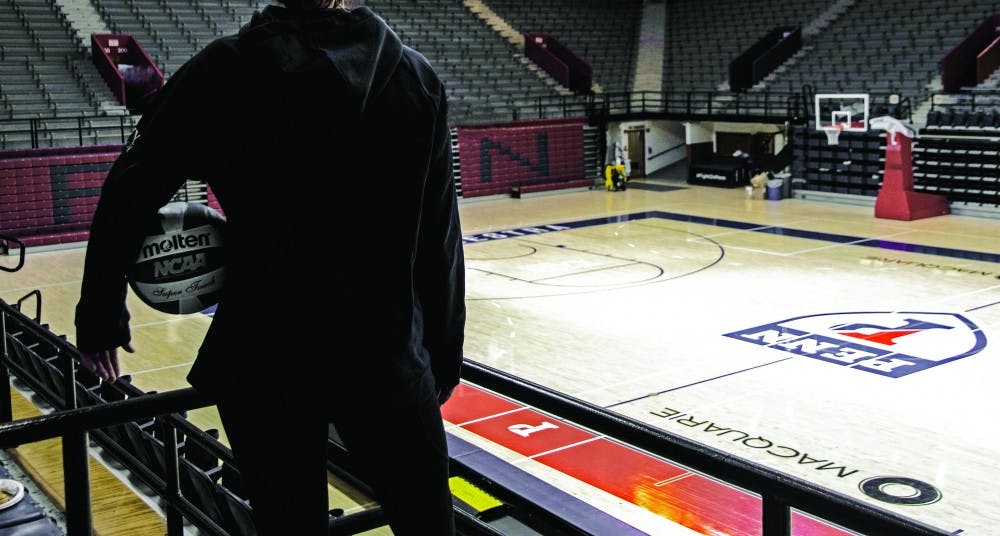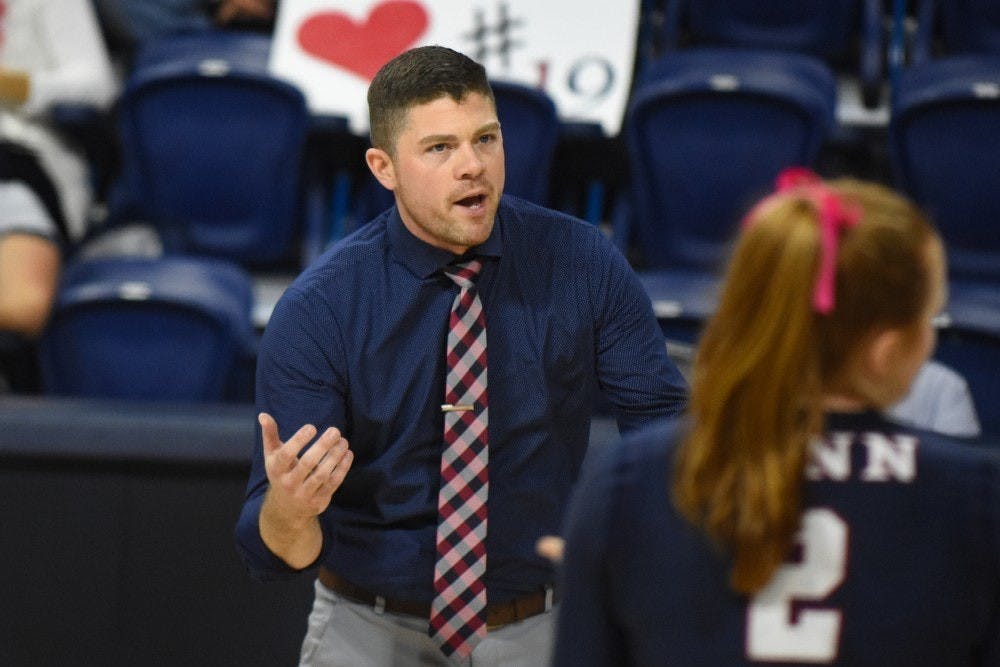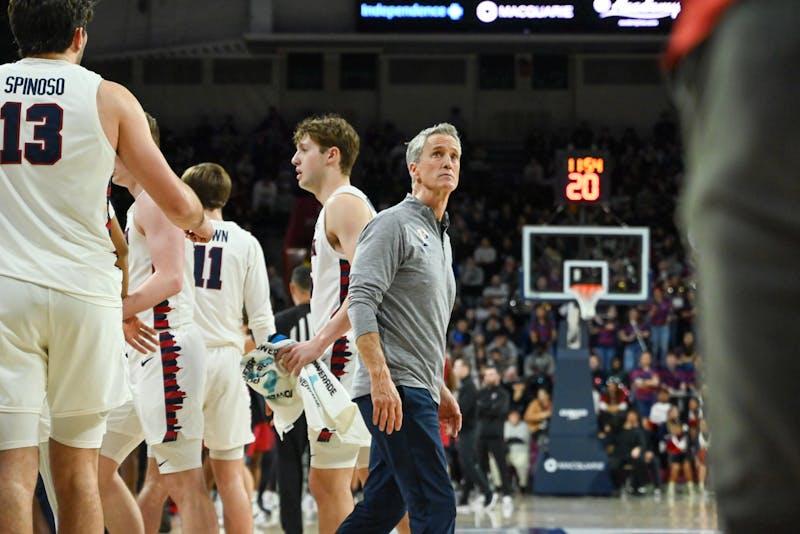
On April 18, The Daily Pennsylvanian published an investigative report detailing the alleged mistreatment that members of the Penn volleyball team experienced under coach Iain Braddak.
After eight grievances were filed with Penn Athletics against Braddak for his conduct during the season, the administration called for a team-wide mediation session, referred to by Penn Athletics as restorative justice. At this session, held in February, the student-athletes shared their grievances with Braddak in a group setting, yet there have been no additional sessions since, nor has there been any kind of communication from Penn Athletics regarding next steps, according to multiple players.
Penn Athletics' failure to follow up and Braddak’s behavior, as described by Penn volleyball players in the article, is unacceptable. Penn Athletics must listen to student-athletes, follow up on the restorative justice session, and take steps to improve the situation with Braddak.
One of the incidents of alleged misconduct occurred while doing defensive drills during practice. A player was singled out for missing two balls, and Braddak subsequently instructed his assistant coach Julia Malseed to hit the player in the face with the next ball in order to teach her to keep her hands higher. Being tough is valued in athletics, but there is a difference between employing strict coaching methods and telling someone to hit a player in the face. Penn Athletics claims to value the student-athlete experience, but it is clear that it is falling short in seeing this through.
“When our student-athletes arrive on campus as freshmen, it is certainly our hope that all of them will leave four years later having had a positive intercollegiate experience,” Penn Athletics wrote to the DP in a 2018 statement. “The coaches and staff members involved with Penn Athletics take pride in the efforts they make to enhance the quality of the student-athlete experience, and that process is ever-evolving as issues such as mental health continue to emerge.”

Penn volleyball coach Iain Braddak.
Penn Athletics’ lack of action following restorative justice is deeply troubling.
“We look forward to working with the coaches and student-athletes in the weeks and months ahead to provide a more positive experience moving forward,” Senior Associate Athletic Director Rudy Fuller wrote in a statement to the DP.
However, multiple players have described feeling left in the dark since the mediation session. The objective of restorative justice is to collectively create an action plan to avoid future issues. Administrators must communicate with the athletes and tell them what measures they are taking to earnestly address their grievances.
“We were all just sent off with no plan to follow up and no plan for further action. In this meeting, some people practically admitted how they were on the verge of self-harm because of that season, and we were just simply dismissed,” Carmina Raquel wrote in a journal entry soon after restorative justice. “Where is the athletic administration in all this?”
Multiple players estimated that around 75% of the team has experienced mental health issues since Braddak started at Penn. The allegations against Braddak are serious and demand a well-thought-out, nuanced approach from Penn Athletics. Restorative justice requires administrative action too, and alone isn't enough to solve a problem of this gravity. It’s time that administrators start listening to student-athletes’ grievances, and take more action to address the complaints of Penn volleyball players.
Editorials represent the majority view of members of The Daily Pennsylvanian, Inc. Editorial Board, which meets regularly to discuss issues relevant to Penn's campus. Participants in these meetings are not involved in the reporting of articles on related topics.
The Daily Pennsylvanian is an independent, student-run newspaper. Please consider making a donation to support the coverage that shapes the University. Your generosity ensures a future of strong journalism at Penn.
Donate






